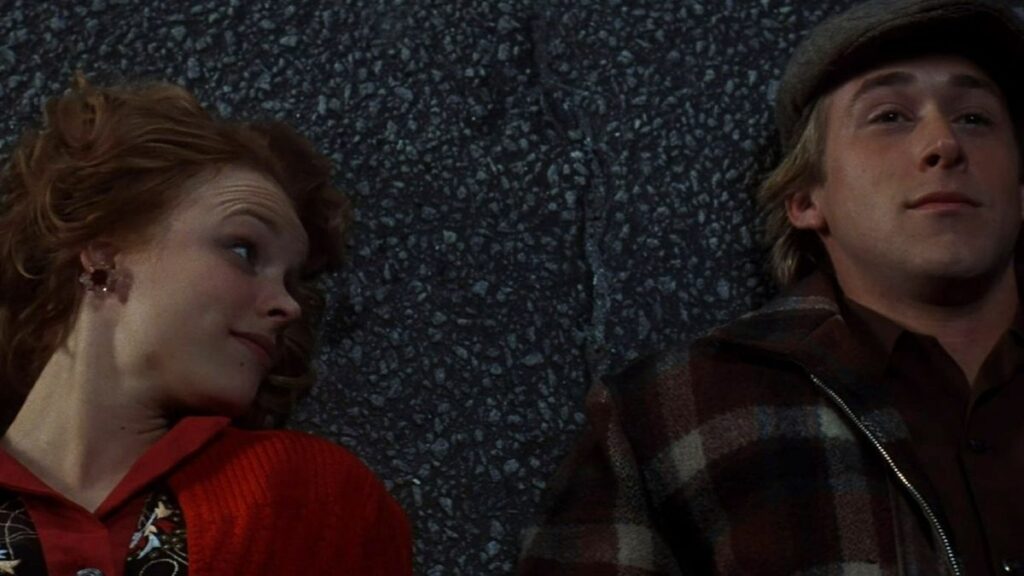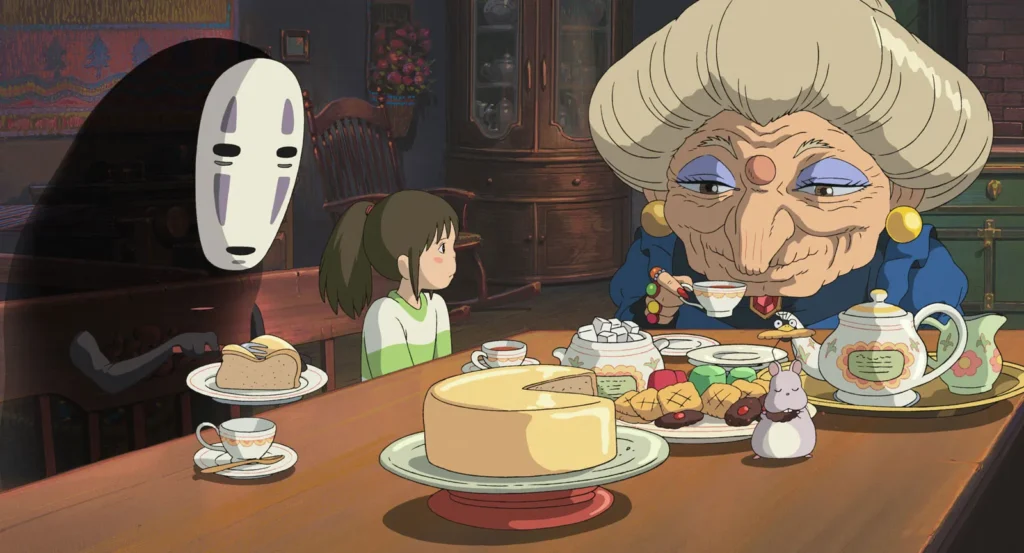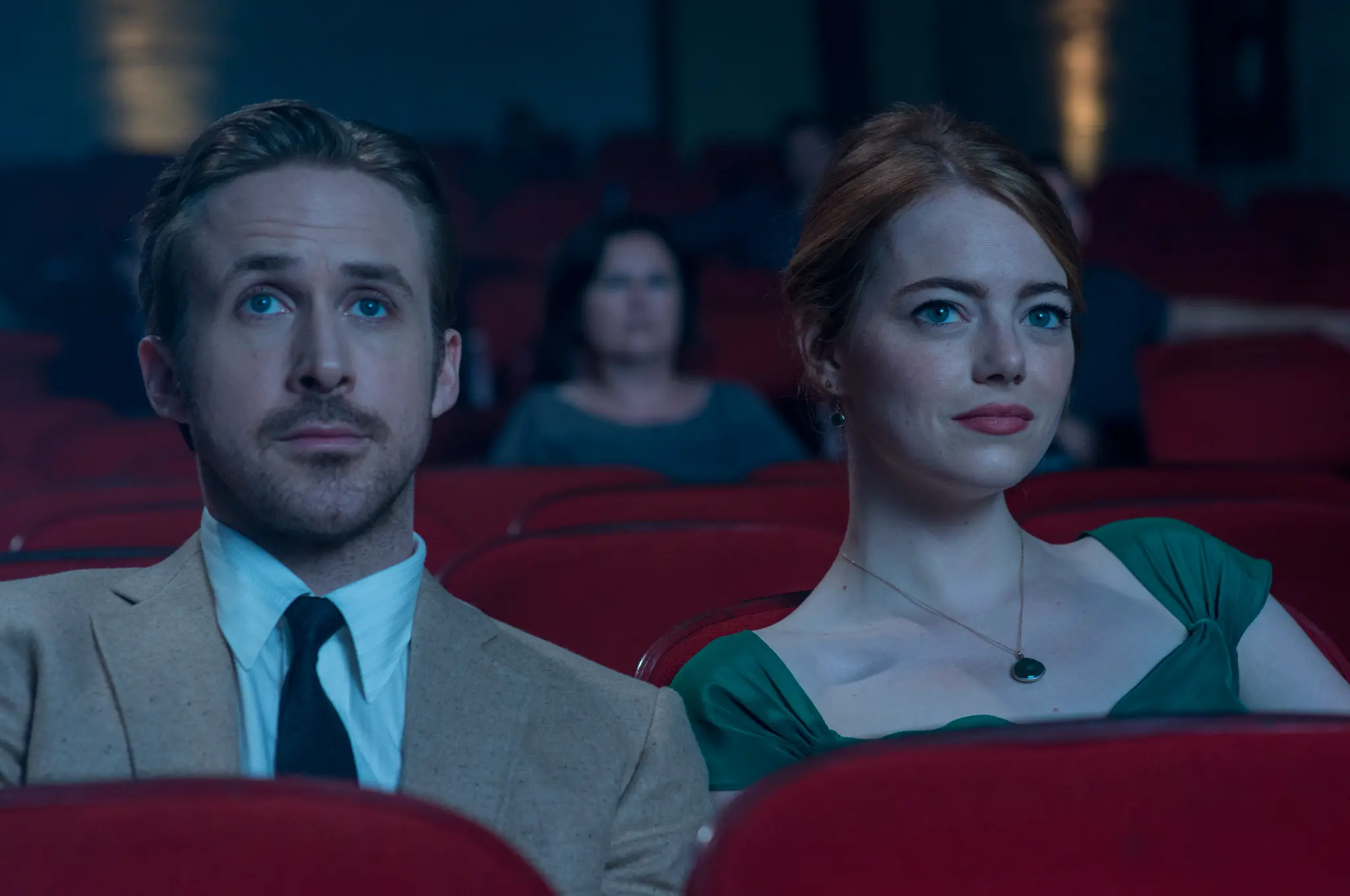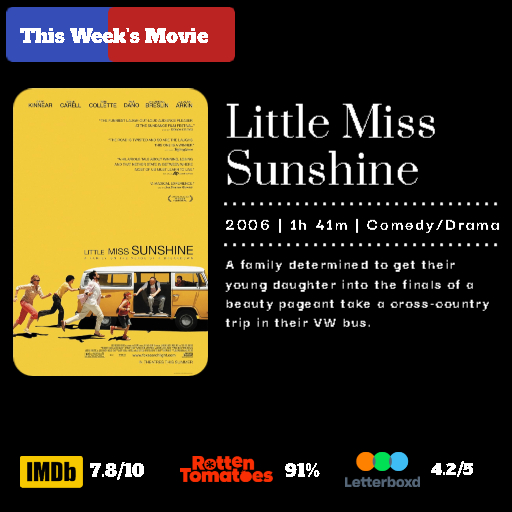Why sad movies make us feel better ? Have you ever finished watching a deeply emotional movie, wiped away your tears, and strangely felt better afterward? It seems counterintuitive, why would exposing ourselves to heartbreak, loss, or tragedy on screen actually improve our mood? Yet, many people find themselves drawn to sad movies, especially during difficult times, and there’s real psychology behind why these films have such a powerful emotional effect.
From the therapeutic release of emotions to the sense of connection and perspective they provide, sad movies offer more than just entertainment. They can be a tool for self-reflection, stress relief, and even emotional healing. Here’s a closer look at why watching sad films can actually make us feel happier, calmer, and more emotionally balanced.
Catharsis: The Emotional Release We All Need

One of the most well-known psychological explanations for why sad movies feel so good is catharsis. This concept, which dates back to ancient Greek philosophy, refers to the process of purging or releasing built-up emotions through art, literature, or drama. In other words, sad movies give us a safe outlet to express emotions we may have been suppressing in our daily lives.
Life is often busy, stressful, and full of responsibilities. We don’t always have time to process our emotions, and many people bottle up feelings of sadness, frustration, or even grief without realizing it. However, when we watch a heartbreaking story unfold on screen, it triggers an emotional response that allows us to release those feelings in a way that feels natural and therapeutic.
Crying during a movie, for instance, isn’t just a dramatic reaction, it actually has scientific benefits. Emotional tears contain stress hormones that are physically expelled from the body when we cry, helping to reduce tension, anxiety, and emotional burden. That’s why after a tearful movie scene, we often feel a sense of relief, like a weight has been lifted off our shoulders.
Appreciating What We Have

Another reason why sad movies can leave us feeling better is their ability to shift our perspective on life. When we watch a movie about loss, heartbreak, or suffering, it reminds us of the fragility of life and can make us more grateful for what we have. For example, seeing a character cope with the loss of a loved one may remind us to cherish our own relationships while we still have them. Watching a story about someone struggling through difficult circumstances can make our own problems seem smaller and more manageable by comparison. This contrast effect can lead to a deeper appreciation for the people, opportunities, and moments in our own lives that we might otherwise take for granted.
Psychological research has shown that experiencing negative emotions in a controlled setting, such as through movies, can actually increase our sense of gratitude and improve overall well-being. We walk away from these films not just entertained, but with a renewed sense of perspective on what truly matters.
Because We Feel Less Alone
When we go through difficult emotions in real life such as sadness, loneliness, or grief, it’s easy to feel like we’re the only ones struggling. But watching a movie that reflects similar emotions can provide a surprising sense of comfort and validation. Seeing a character go through heartbreak, loss, or emotional struggles reminds us that we are not alone in our pain. It reassures us that others have felt this way too, even if those “others” are fictional characters. This shared emotional experience can make our own sadness feel less isolating, helping us process our emotions in a healthier way.
A psychological phenomenon known as “vicarious emotion processing” explains this effect. When we empathize with a character on screen, we engage in a kind of emotional rehearsal, allowing us to process our own feelings through their experience. This is why sad movies often leave us feeling understood, validated, and strangely comforted, even if the story itself was heartbreaking.
Empathy and Emotional Intelligence
Sad movies don’t just make us feel better, they also make us better at understanding and connecting with others. Watching emotional films triggers deep empathy, allowing us to step into the shoes of characters who may have very different experiences from our own.
When we watch a character go through grief, heartbreak, or difficult life challenges, our brain responds as if we are experiencing those emotions ourselves. This strengthens our ability to empathize with real people, improving our emotional intelligence and making us more compassionate in our daily lives.
Research has shown that watching emotional films can increase levels of oxytocin, a hormone associated with trust, bonding, and emotional connection. In other words, these movies don’t just make us cry, they actually make us better at forming and maintaining relationships in real life.
The Science of Dopamine and “Feel-Good” Chemistry

It might seem strange that watching a sad movie can actually make us happier, but there’s a scientific explanation for this. After experiencing intense emotions, the brain releases dopamine and oxytocin, which are known as the “feel-good” chemicals.
Dopamine is linked to pleasure, reward, and emotional relief, while oxytocin plays a role in bonding and human connection. When we cry during a sad movie, we activate these neurochemicals, leading to a feeling of relief and contentment once the film ends.
Additionally, the emotional intensity of a sad movie can create a temporary distraction from real-life stressors. While we are engaged in the story, we momentarily forget about our own worries. This emotional escape can be a refreshing break, allowing us to return to reality with a clearer, calmer mindset.
A Safe Space to Explore Deep Emotions

One of the most powerful things about movies is that they provide a safe, controlled environment to experience deep emotions. In real life, dealing with loss, heartbreak, or grief can be overwhelming and unpredictable. But in a movie, we can immerse ourselves in these feelings without real-life consequences. A sad film takes us on an emotional journey, but when the credits roll, we return to our own lives. This allows us to process difficult emotions in a manageable way, without the fear of long-term emotional distress.
In a sense, sad movies act as a kind of emotional exercise and they allow us to “practice” feeling sadness in a way that is structured and temporary, helping us become more emotionally resilient in real life. While it might seem strange at first, watching sad movies can actually be a form of emotional self-care. Whether it’s through catharsis, perspective, empathy, or feel-good brain chemistry, these films provide more than just entertainment, they offer emotional healing, connection, and relief.
So the next time you’re in the mood for a tearjerker, don’t hold back. Give yourself permission to fully experience the emotions, let yourself cry, and embrace the therapeutic power of storytelling. Because in the end, a good cry might be exactly what you need to feel better.











